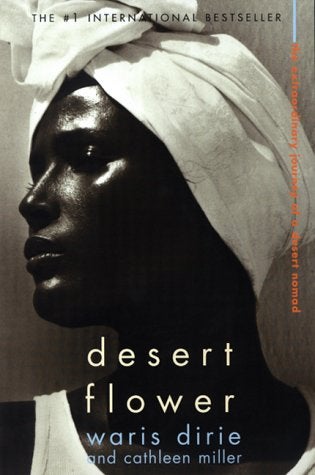The American Academy of Pediatrics (AAP) is under fire by the media and activists worldwide for their new position on female genital mutilation published in their journal Pediatrics on April 26.
The AAP's Policy Statement Ritual Genital Cutting of Female Minors differs from their 1998 policy and the United Nations (UN) position on female genital mutilation (FGM), (also referred to as female genital cutting (FGC) or female circumcision) is the act of removing parts or all of a young girl's, even infant's, external genitalia for non-health reasons normally based on religious or cultural traditions.
Widely practiced in Africa, Asia and the Middle East and within immigrant communities globally. The UN maintains "the underlying structural consequences of these forms of gender-based violence help to maintain women in their subordinate roles, contribute to their low level of participation and to their lower level of education, skills, and work opportunities."
The World Health Organization (WHO) explains FGM/C "has no health benefits, and it harms girls and women in many ways. It involves removing and damaging healthy and normal female genital tissue, and interferes with the natural functions of girls' and women's bodies."
Amnesty International points out, all nations "...are obligated under international law to prevent, investigate, and punish violence against women."
The American Academy of Pediatrics would like to underscore that they:
- oppose all forms of FGC that pose risks of physical or psychological harm.
- encourage its members to become informed about FGC and its complications and to be able to recognize physical signs of FGC.
- recommend that its members actively seek to dissuade families from carrying out harmful forms of FGC.
- recommend that its members provide patients and their parents with compassionate education about the physical harms and psychological risks of FGC while remaining sensitive to the cultural and religious reasons that motivate parents to seek this procedure for their daughters.
But in an effort to compromise and show "cultural sensibility" the AAP may have lost some by recommending pediatricians in the US begin performing "ritual nicks" that they liken to a prick similar to piercing and ear - except its not an ear and the child is not making the choice.
The AAP appears to be misguided in believing the compromise will replace harsher customs, and not give FGM/C greater credence. Plus they simultaneously undermine decades of work by FGM survivors, international health organizations and those working to end gender-based violence.
Perhaps AAP will vote against this policy down and re-draft their 2010 approach after seeking counsel from FGM survivors like Waris Dirie, a Somalian model, activist and author.
To view AAP's new policy statement: http://pediatrics.aappublications.org/cgi/reprint/peds.2010-0187v1
Subscribe to Independent Premium to bookmark this article
Want to bookmark your favourite articles and stories to read or reference later? Start your Independent Premium subscription today.


Join our commenting forum
Join thought-provoking conversations, follow other Independent readers and see their replies